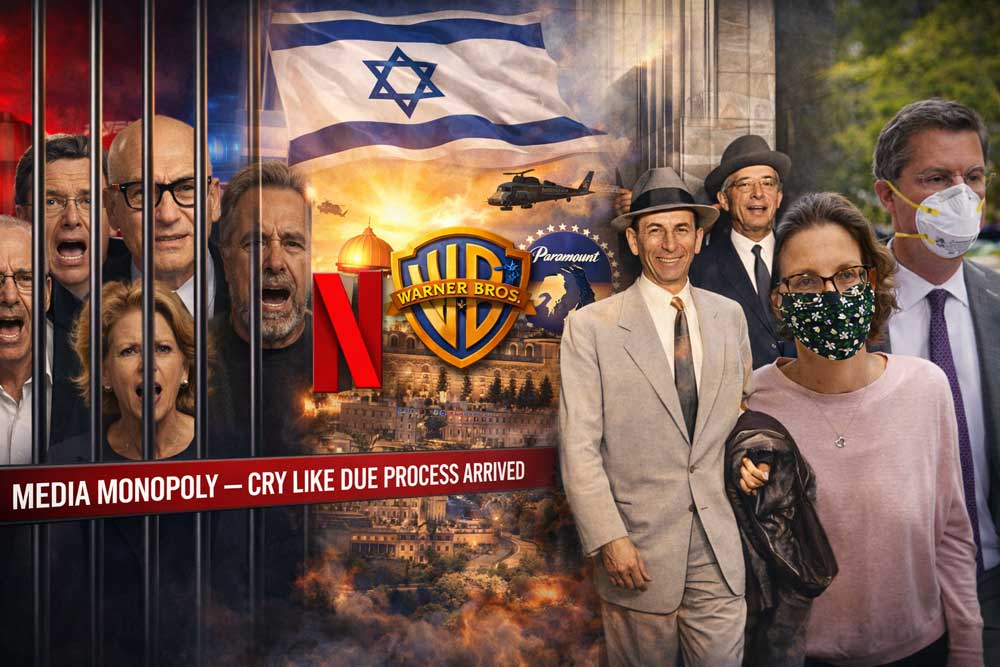In the wake of the October 7, 2023, attack on Israel by Hamas, U.S. schools have found themselves embroiled in the emotional fallout of the conflict. Educators are dealing with increasing antisemitic incidents and an environment where support for Israel is often met with hostility. Josh Hirsch, a high school teacher in Colorado, is one of many facing backlash after expressing his views on social media. Following his statements, Hirsch received threats that included public shaming and even backlash directed at his family.
Hirsch’s experience has led him to question his career in teaching. Yet, he decided to remain in his position, motivated to foster a better understanding of diverse viewpoints among his students. He joined an advocacy network with the Anti-Defamation League, aiming to create a more inclusive environment where varied opinions can be shared securely.
Discussions around antisemitism and criticism of Israel have become prevalent in classrooms across the U.S. Advocacy from both conservative and liberal legislators led to new laws aimed at addressing complaints of antisemitism. However, critics warn that some legislation may infringe upon free speech and suppress legitimate criticism of Israel. “These bills make it clear that Oklahoma stands with our Jewish communities,” said Kristen Thompson, a Republican state senator in Oklahoma supporting such legislation.
The rising scrutiny has also led lawmakers to adopt definitions of antisemitism that some view as potentially harmful to free expression related to political discussions about Israel and Palestine. Nationwide, incidents of antisemitism have continued to be reported, with the Anti-Defamation League noting significant occurrences in schools last year.
As tensions persist, educators like Hirsch are left to navigate the complexities of teaching in a divided climate, seeking pathways to engage students in constructive dialogues while countering rising hate and division.






















